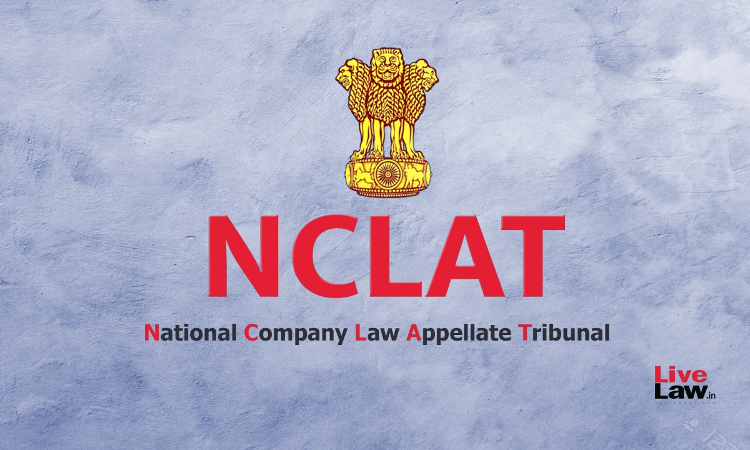Insolvency Cannot Be Initiated On The Basis Of Unpaid LTC And Leave Encashment Dues: NCLAT
Akshay Sharma
14 May 2022 9:00 PM IST

Next Story
14 May 2022 9:00 PM IST
National Company Law Appellate Tribunal (NCLAT) bench comprising of Justice Ashok Bhushan and Ms. Shreesha Merla in the case of Kishore K Lonkar versus Hindustan Antibiotics Ltd. held that the welfare claims such as Leave Encashment, superannuation dues are not operational debt for the purpose of initiation of Corporate Insolvency Resolution Process (CIRP) of the Corporate Debtor...
